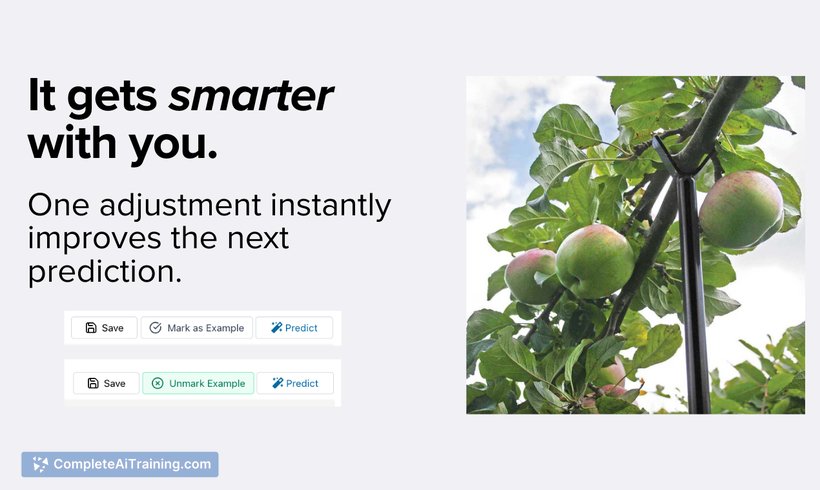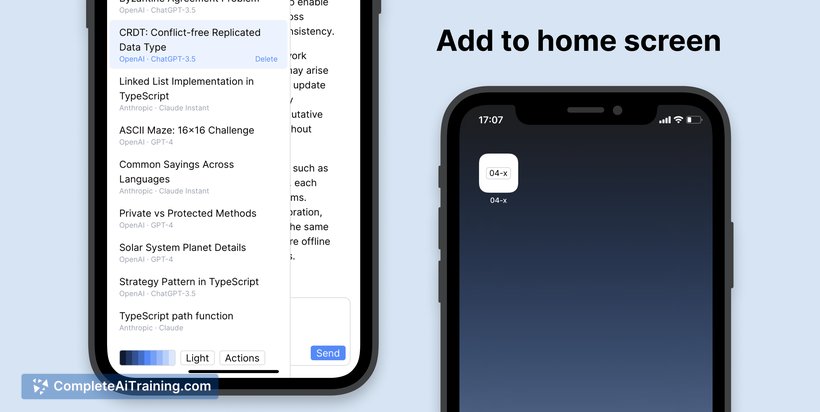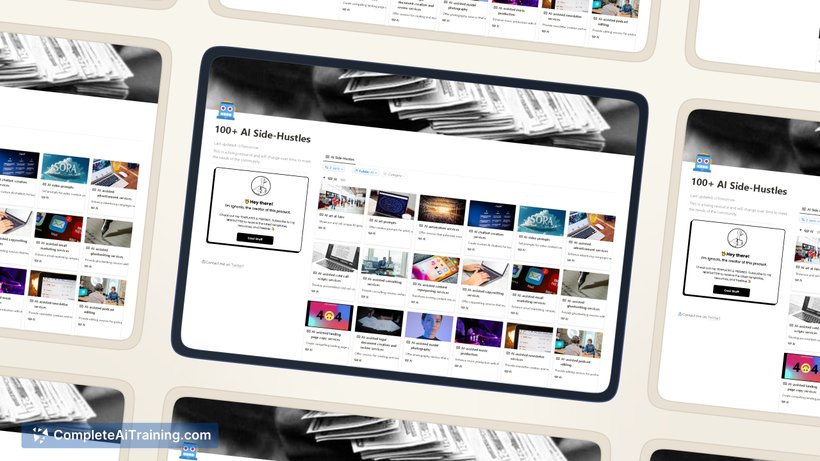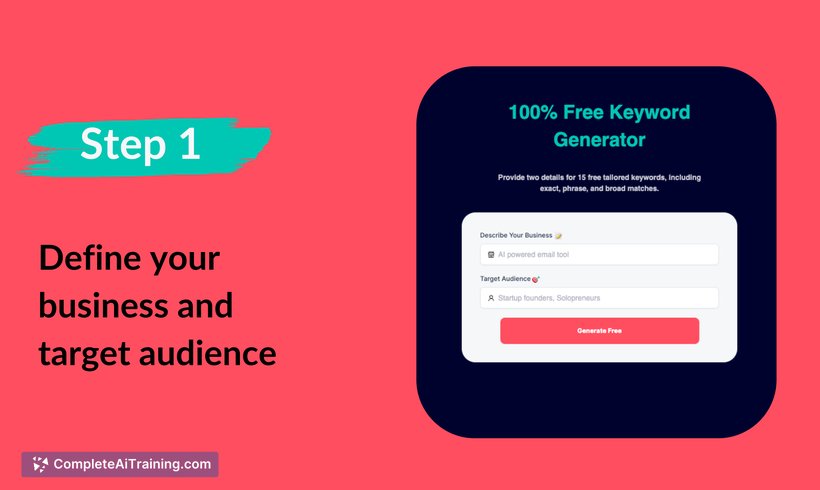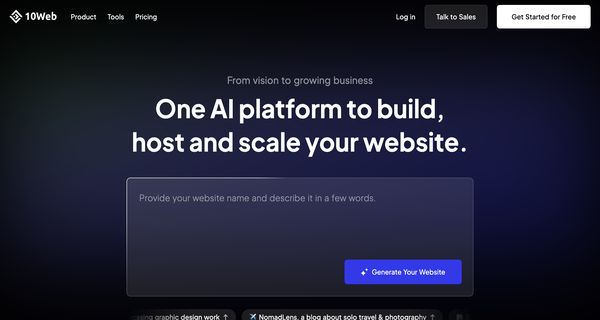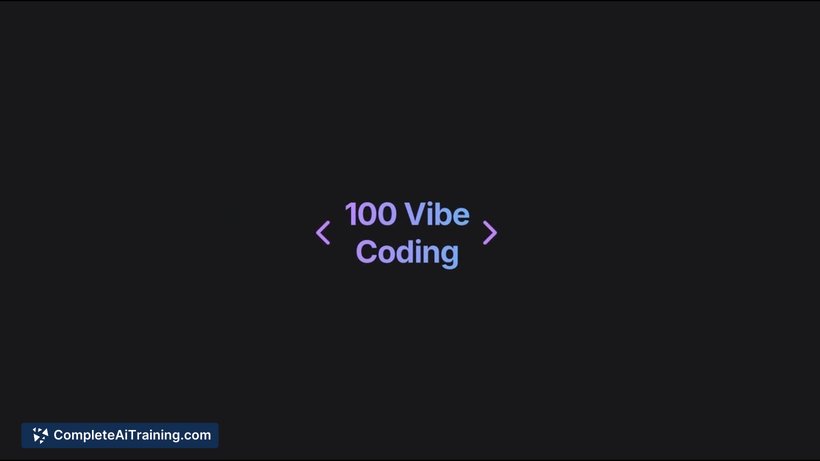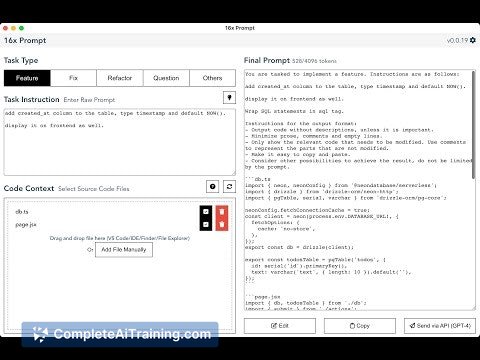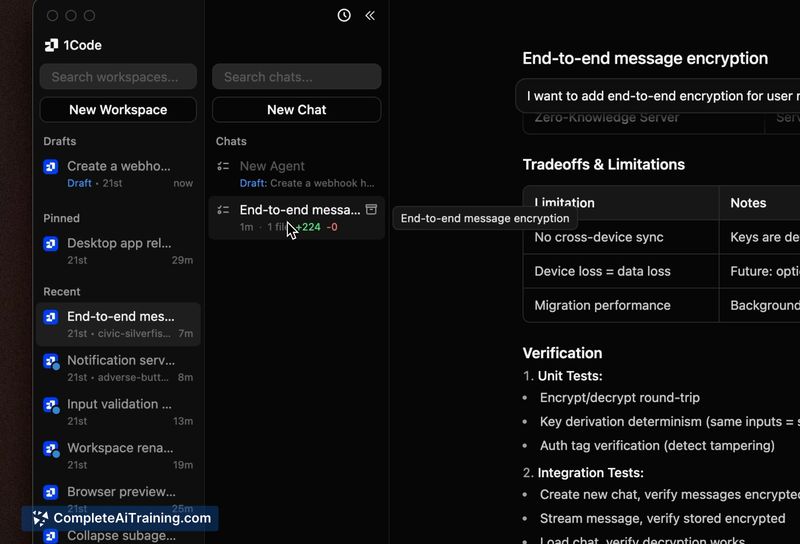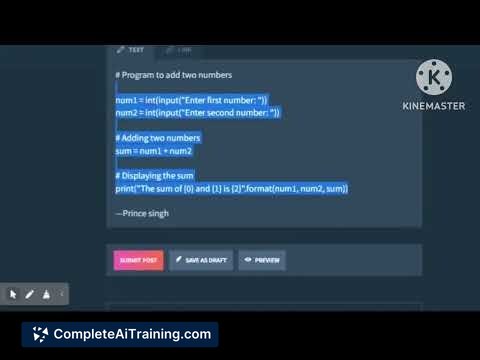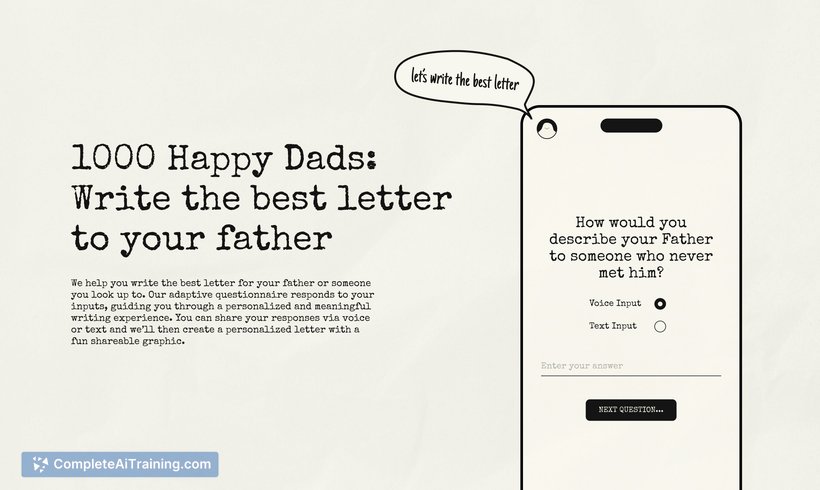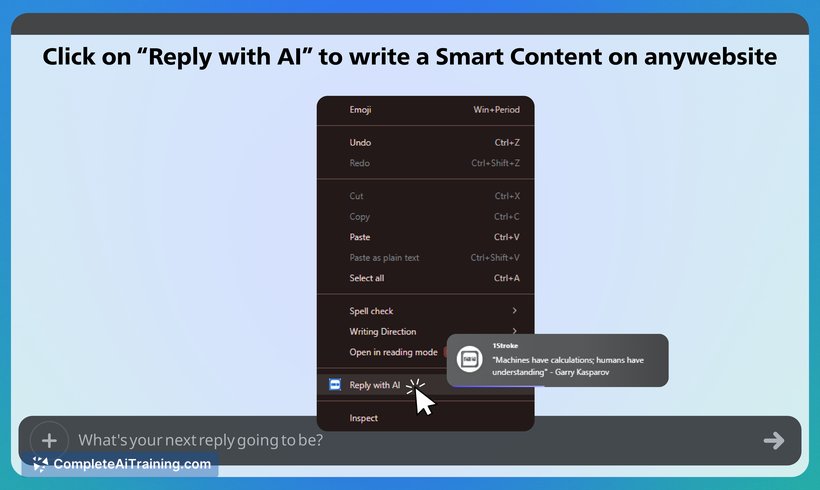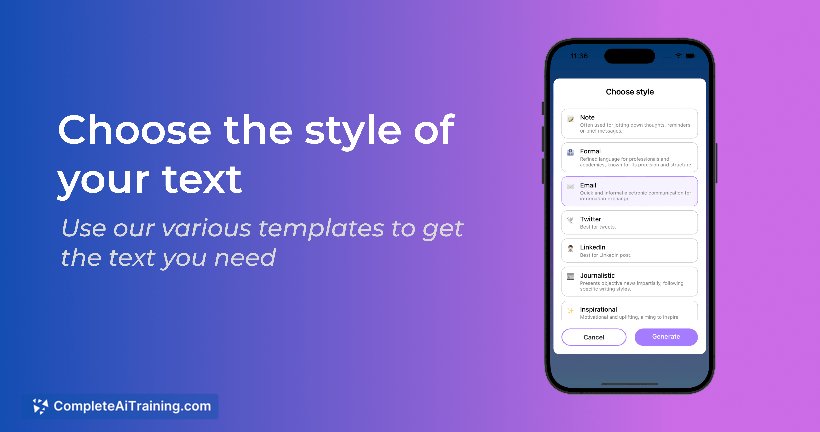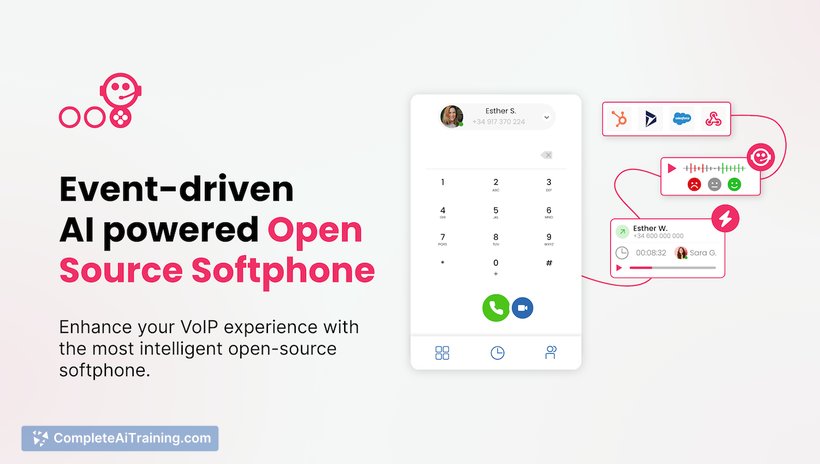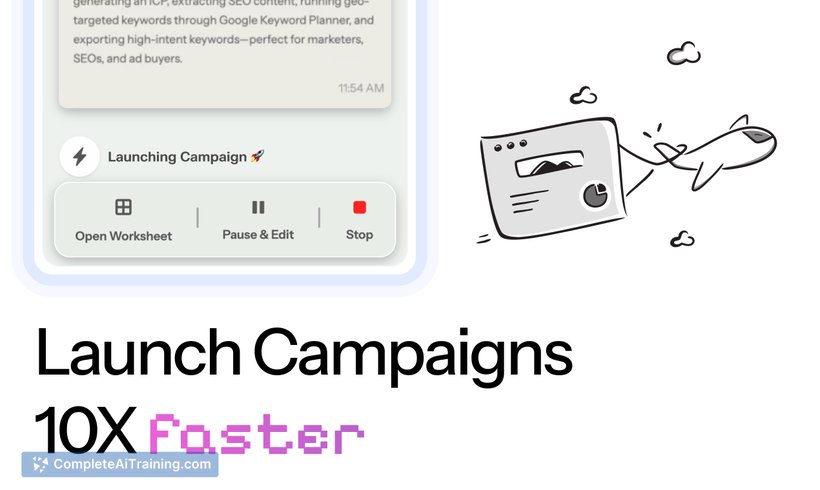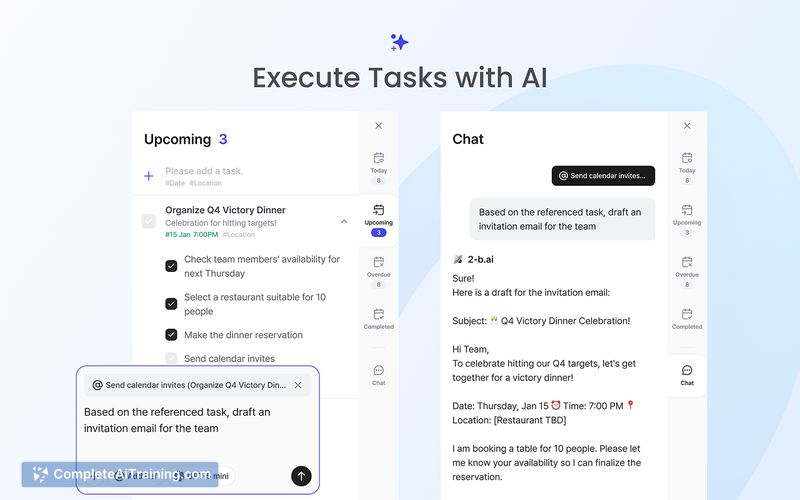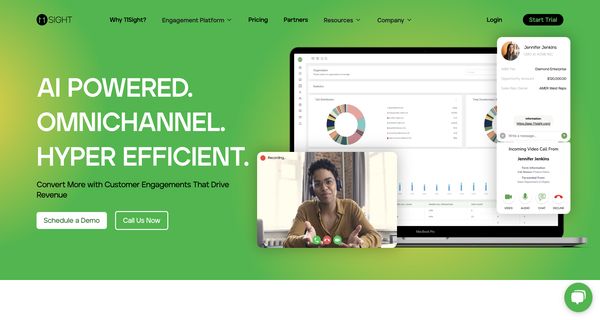About DeepTagger
DeepTagger is a no-code platform that converts documents into structured data using interactive labelling. You highlight what matters once and the system uses those annotations as examples to extract information from new documents, with API access included.
Review
DeepTagger targets teams and individuals who need to turn diverse documents into actionable datasets without building custom models. It pairs full-page OCR with a few-shot structured output approach, which means annotations act as examples rather than requiring model training.
Key Features
- No-code interactive labeling interface for point-and-click annotation.
- Uses user annotations as few-shot examples to generate structured outputs (no model training required).
- Built-in OCR that handles scanned documents and pixel-to-data extraction in a single flow.
- API access for automation and integration into pipelines or downstream tools.
- Support for nested and complex document structures, including splitting long email chains.
Pricing and Value
The product page lists free options alongside SaaS pricing models, though detailed plan tiers and enterprise rates are not fully listed publicly. For teams that need to reduce manual extraction work and avoid building bespoke ML pipelines, DeepTagger's combination of OCR plus annotation-driven structured outputs can offer strong time savings and a faster path to usable data.
Pros
- Quick setup with no-code annotation-good for non-technical users.
- Annotation-as-examples approach removes the need for training models in many use cases.
- Includes OCR so scanned and older documents can be processed without separate tools.
- API access enables automation and integration with existing workflows.
- Handles nested data and tricky formats like long email chains.
Cons
- Pricing details and advanced plan limits are not clearly published on the main page.
- Collaboration features such as shared teamspaces appear limited or planned for future updates.
- As a newly launched product, integrations and enterprise-grade features may be fewer than more mature platforms.
Overall, DeepTagger is well suited for data teams, researchers, and operations groups who need to extract structured fields from varied or messy documents without investing in model training. It's a strong fit when speed-to-data and handling scanned or nested documents are priorities.
Open 'DeepTagger' Website
Your membership also unlocks:

